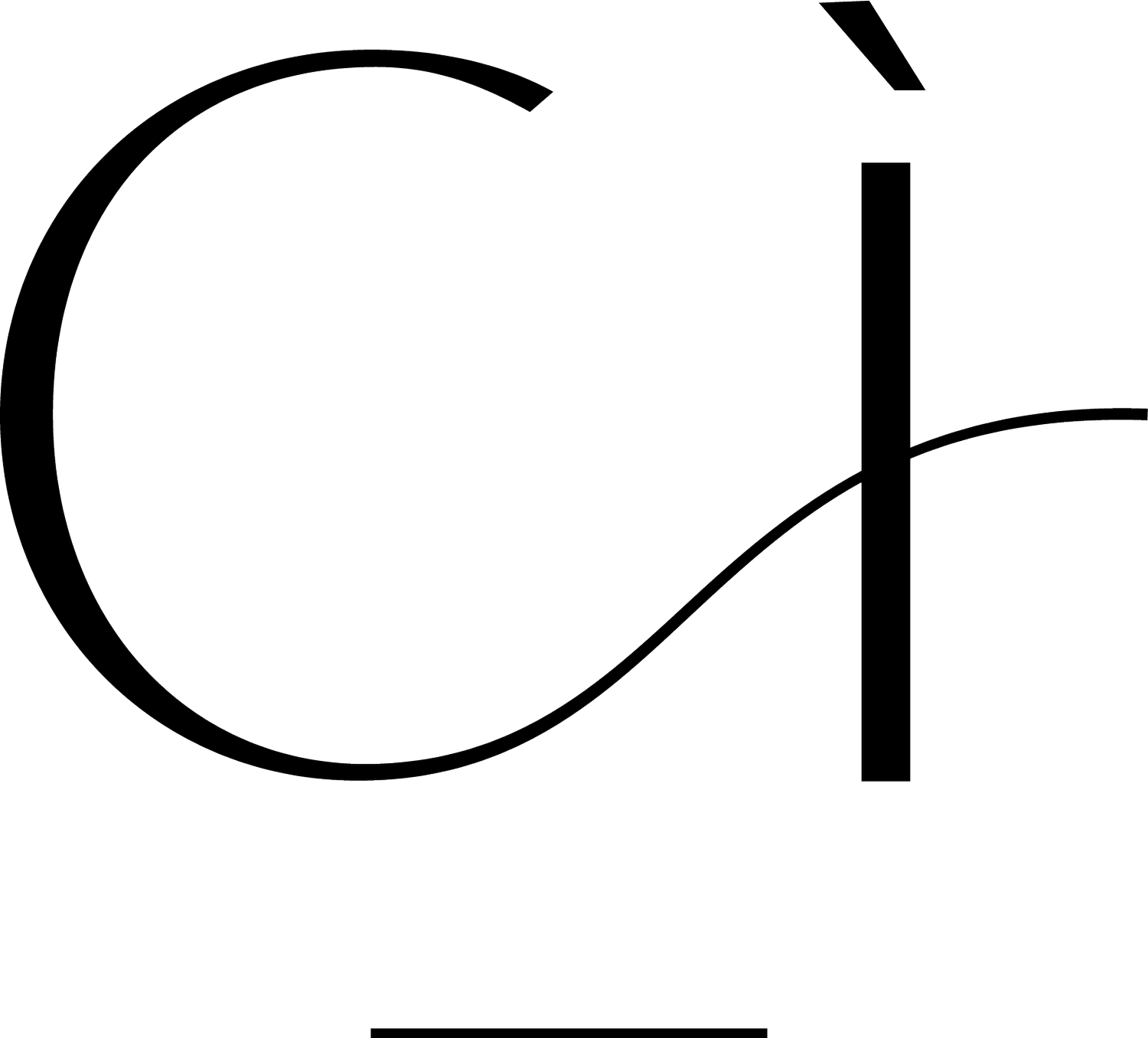Journaling Tips
Journaling offers a powerful space for expansion, growth, and self-discovery. Some of my most transformative lessons have come simply from putting pen to paper. It takes you deeper into yourself, helping you uncover the kind of wisdom that only emerges when everything else gets quiet.
It’s easy to skip this practice, but the value is immense. Journaling helps you navigate modern life with more clarity, focus, and presence, bringing you back to yourself. You deserve a life filled with joy, bliss, passion, and freedom—and journaling is one of the tools that can get you there.
Start here: set the space
Whether you’re journaling with pen and paper or digitally, how you set up your space matters. Create a grounded, undistracted, and safe environment to explore what’s on your heart.
Even digitally, you can create ritual: light a candle, make tea, wrap up in your favourite blanket. Treat journaling time with the same presence as a conversation with a loved one.
Why journaling works (the science)
Journaling has a scientific basis for its benefits. Writing regulates the nervous system, reduces stress, boosts emotional clarity, and even supports immune function. It activates both analytical and creative parts of the brain, allowing deeper processing of experiences.
Even just 15 minutes a day can:
Ease anxiety and overwhelm
Improve sleep
Increase clarity and decision-making
Support emotional healing
Deepen self-awareness
It’s a practice that nurtures mental, emotional, and energetic wellbeing.
Ways to journal
Pen and paper are ideal—they slow you down, help you feel more connected, and deepen integration. Screens tend to keep us in “doing” mode, so pen invites stillness, softness, and presence.
If journaling digitally, try:
Turning off notifications
Closing email and browsers
Putting your phone on airplane mode
Even digitally, treat it as sacred time.
Journal methods
Journaling is fluid—it evolves with your needs. Here are a few gentle ways to explore:
Reflections: Capture your day, week, or a meaningful moment to build self-awareness.
Plans: Outline your day, intentions, or next steps with calm and clarity.
Manifestations: Describe the life you’re calling in—what it looks and feels like.
Gratitude: List what you’re grateful for, shifting energy toward abundance.
Emotional processing: Release stored emotions, create space for perspective, and respond consciously instead of reacting.
Pick what serves you most in the moment—your journal adapts to you.
My top journaling tips
Keep it simple: No perfect prompt needed. Pick one thought and start.
Safe space: No filters, no performance—just you and your truth.
Boundaries: This space is for your eyes only.
Forget perfection: Messy, neat, bullets, doodles, or stream-of-consciousness—all are valid.
Write until done: No minimum or maximum. Sometimes one sentence is enough.
Make it yours: Use colours, draw, or keep it simple—follow what feels good.
What to do with your journals
Your journal, your rules:
Keep and re-read
Keep and never look back
Release or burn them
Personally, I release once the lessons are integrated. Trust that the wisdom is within you.
When and how often?
Daily, weekly, monthly, seasonally. Morning or evening. There are no rules—let your practice be intuitive and support the rhythm of your life.
The yogic wisdom of journaling
Journaling is a form of Svadhyaya—self-study. It brings us closer to who we truly are.
Ahimsa: Practice kindness and compassion toward yourself.
Satya: Be radically honest—your journal is a place for truth and empowerment.
Release ego energy to create space for deeper wisdom to emerge.
If it feels hard, you’re not alone
Journaling can stir emotions or past pain. You are not alone—seek support from a therapist, coach, or trusted friend if needed. No one can do this work for you, but you don’t have to do it alone.
Want more support?
Inside the Inspired Club, I share monthly journaling prompts, rituals, and self-inquiry tools to help you live a yoga-inspired life from the inside out. Gentle guidance and beautiful resources remind you that you are supported on your journey.
